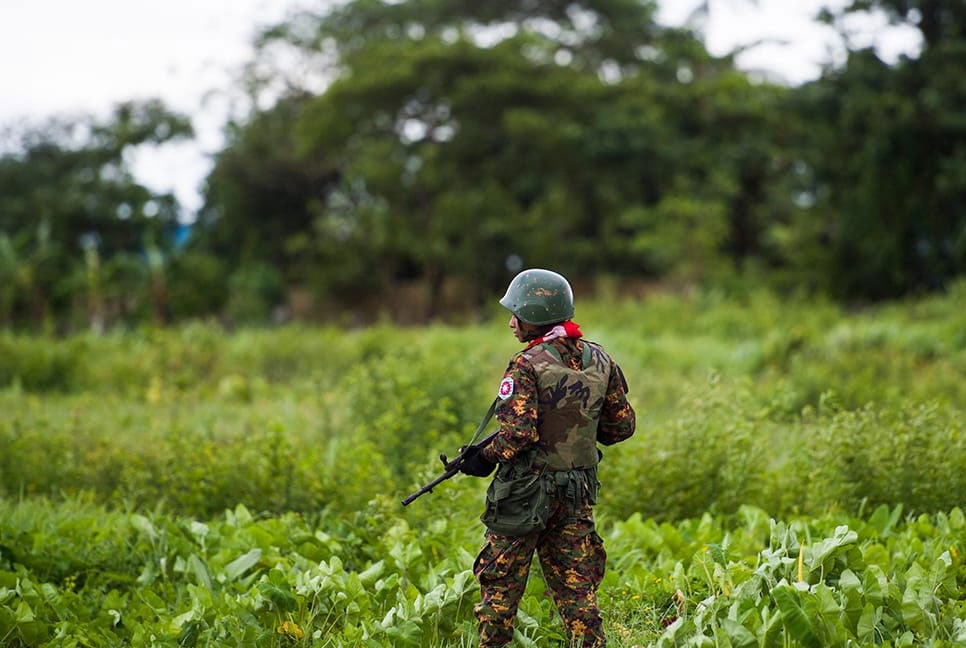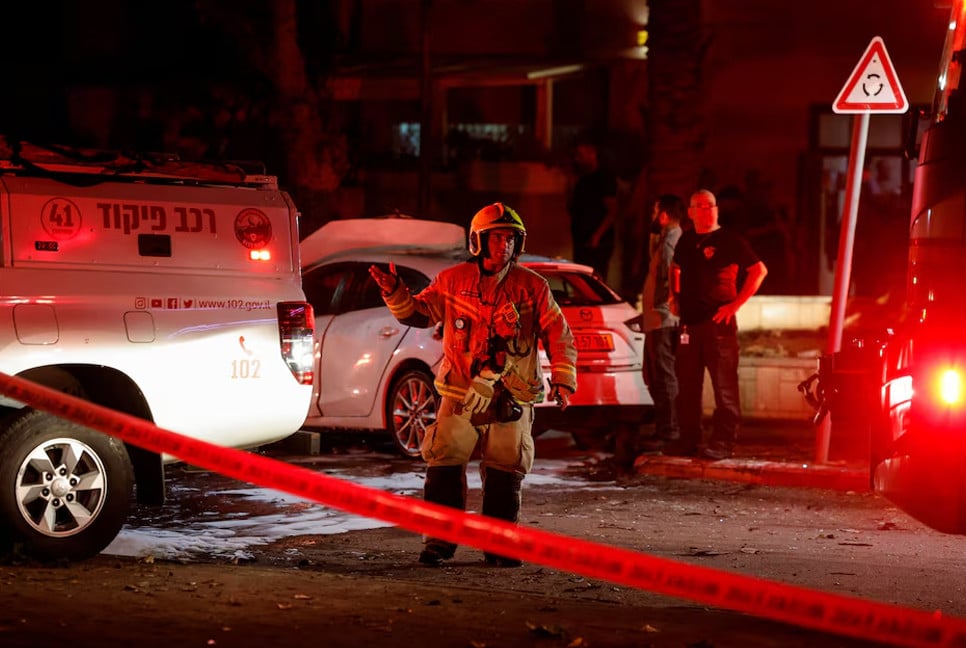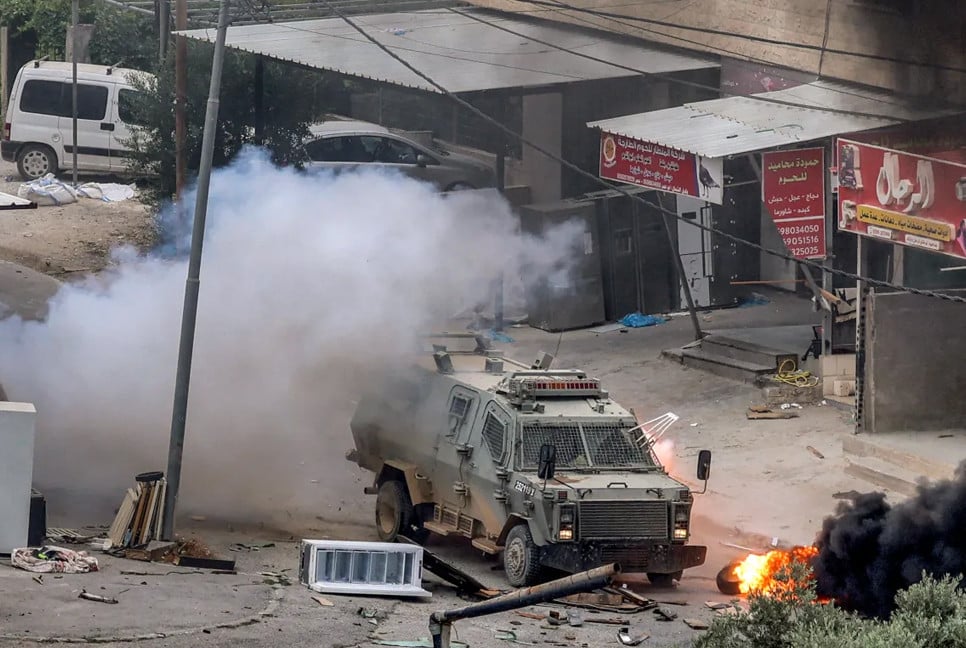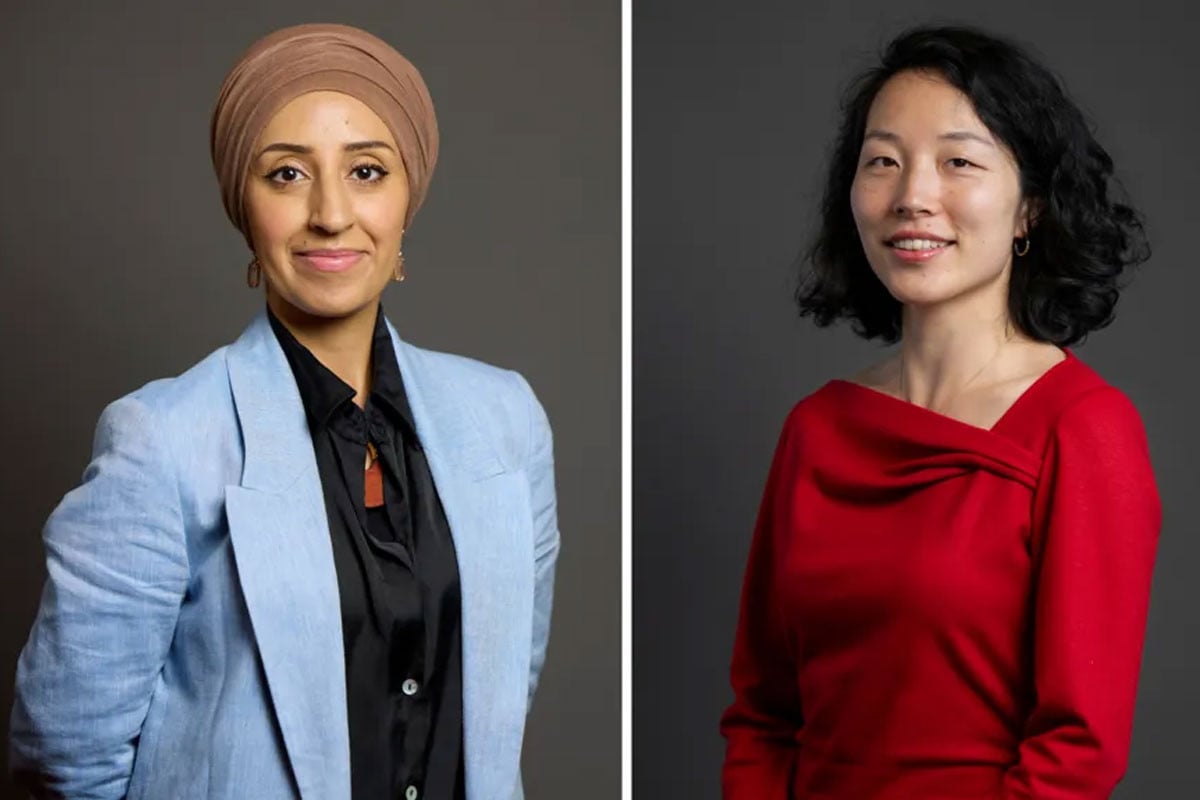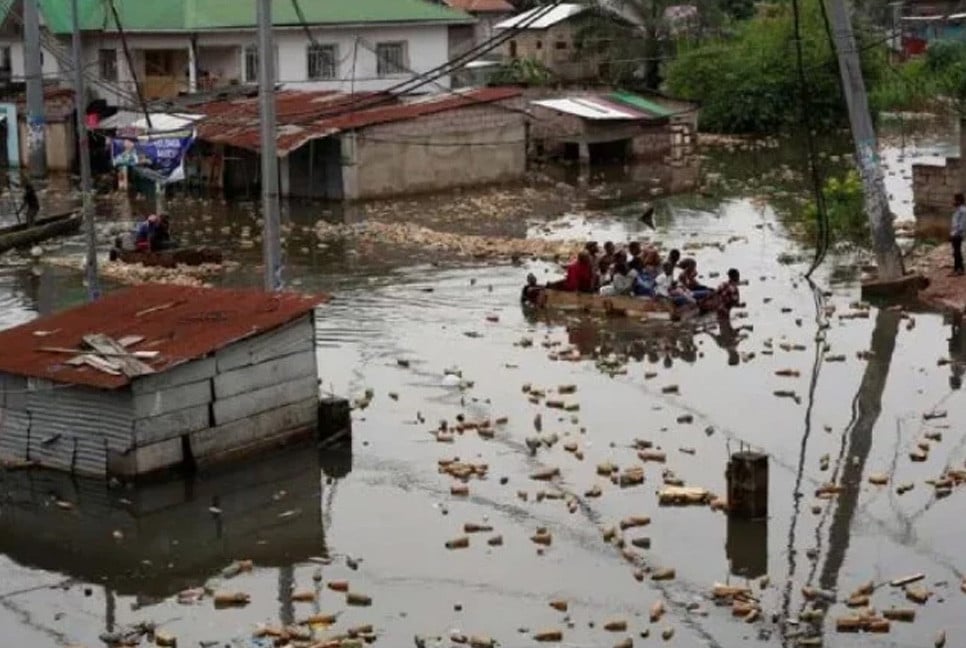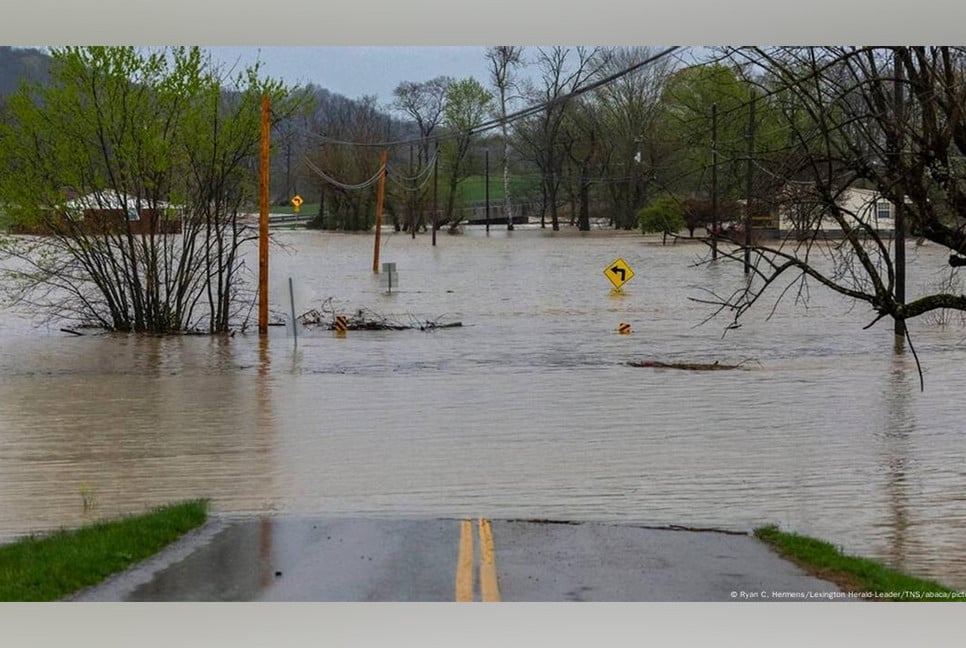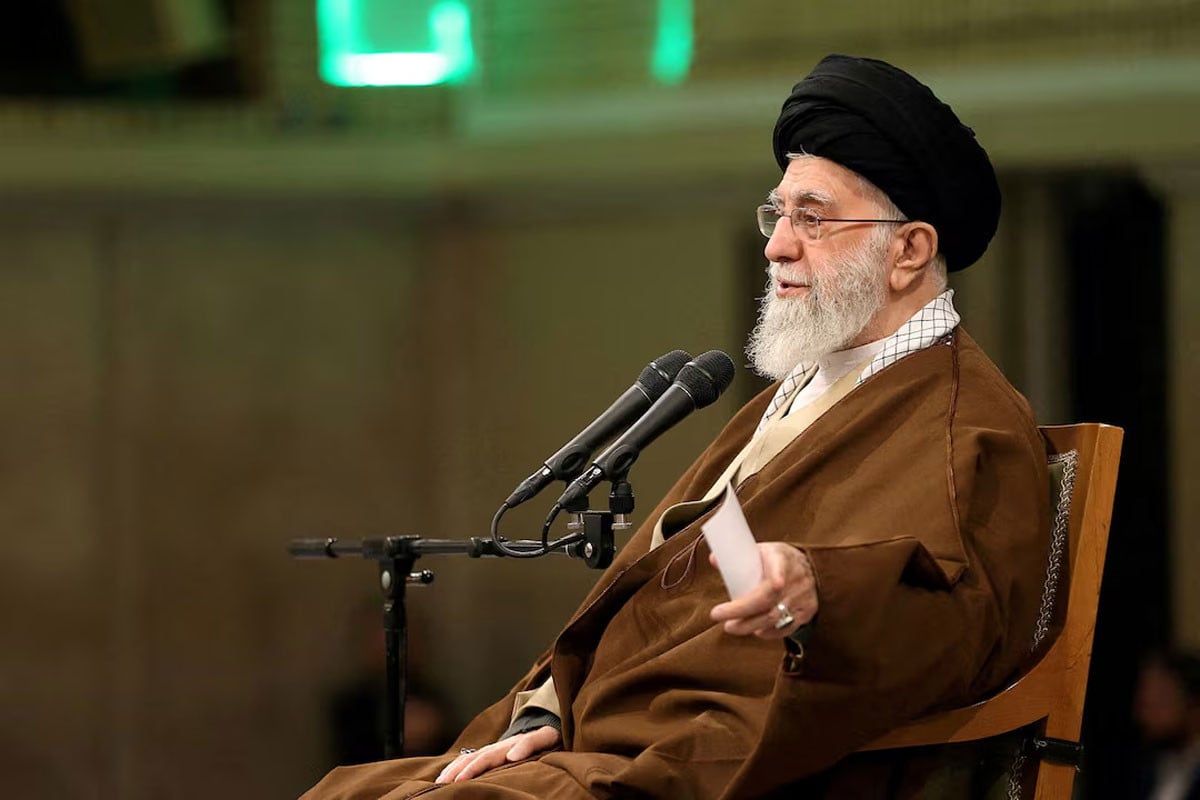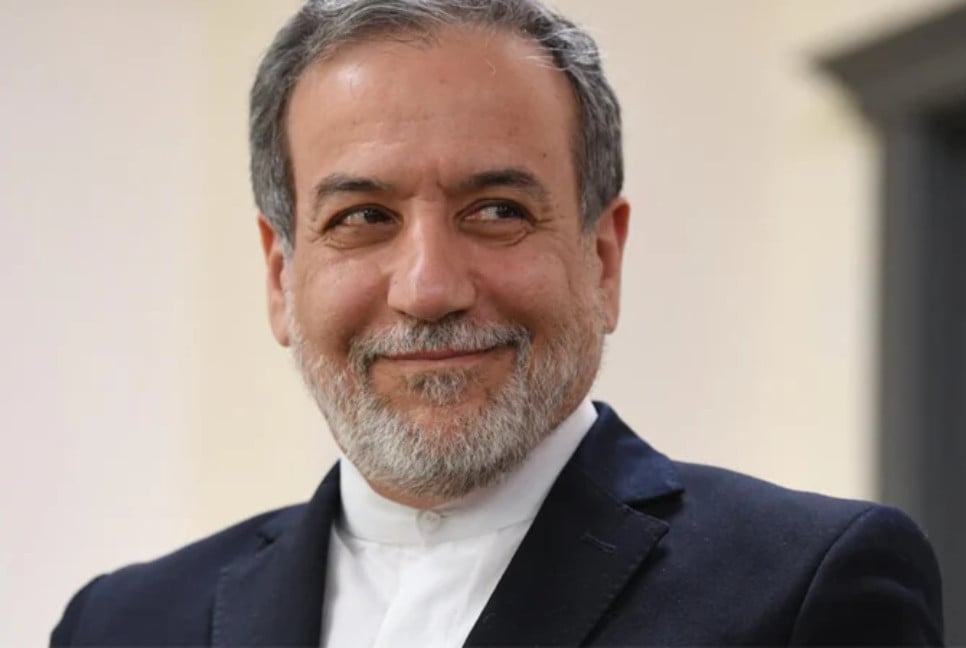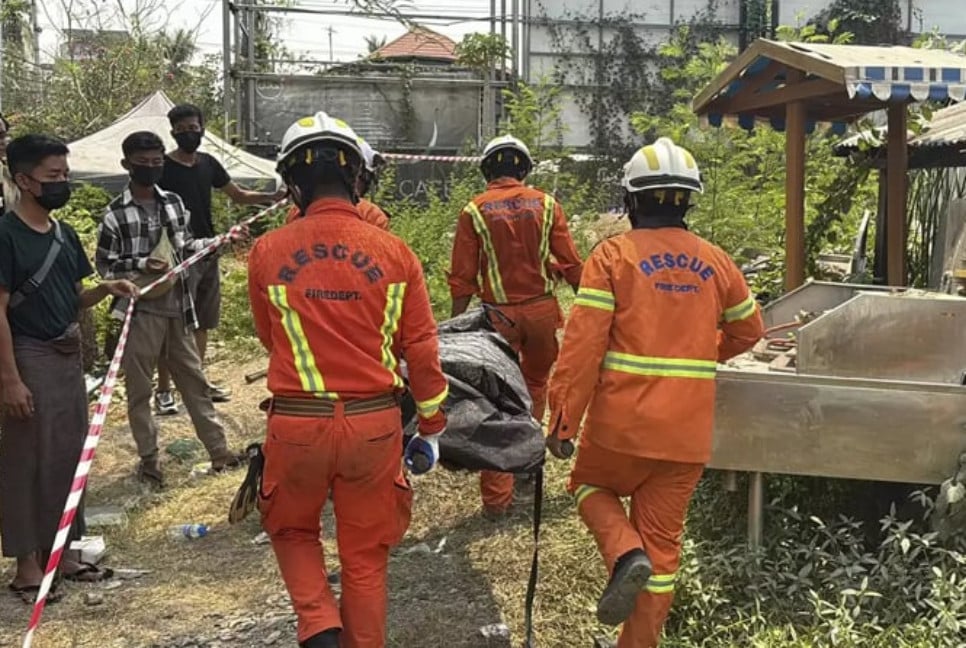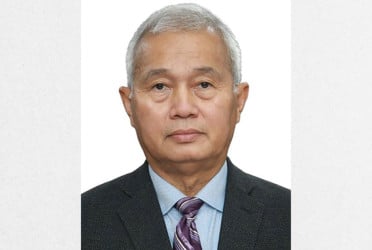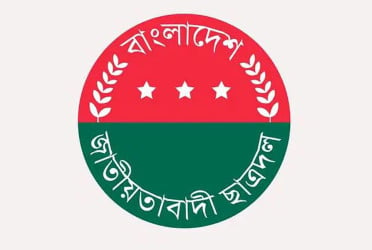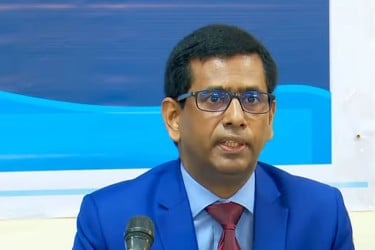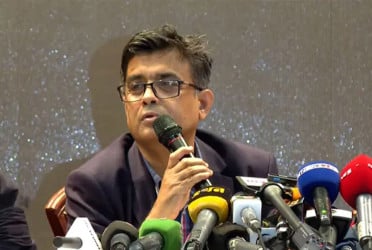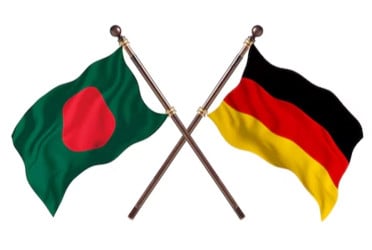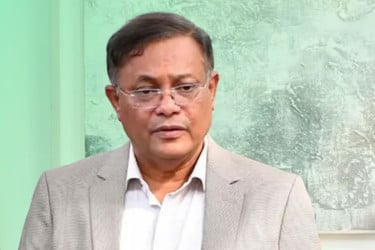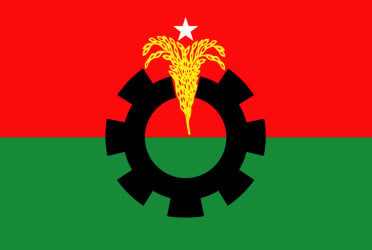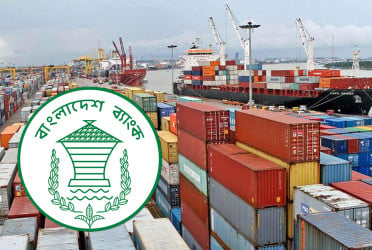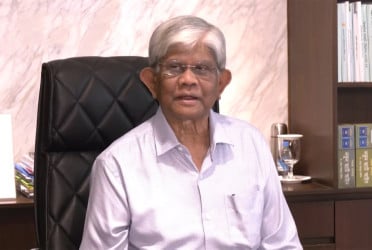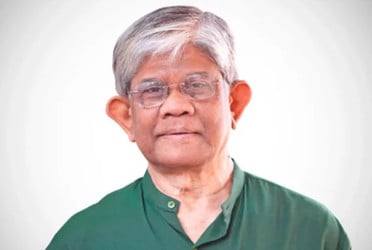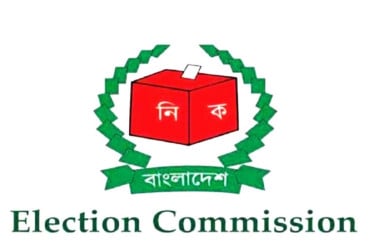In a unified appeal, the European Union, United States, United Kingdom, Australia, Canada, New Zealand, Norway, South Korea, Switzerland, Timor-Leste, and other nations have issued a joint statement condemning the worsening humanitarian and human rights crisis in Myanmar. The statement, released on Monday (Washington local time), highlights escalating violence, intercommunal tensions, and widespread human rights abuses under the Myanmar military regime.
“We are deeply concerned by the worsening human rights and humanitarian crisis across Myanmar,” the statement reads. The coalition expressed alarm over credible reports of atrocities, including the abduction and forced recruitment of children, indiscriminate aerial bombings, sexual violence, attacks on humanitarian workers, and severe restrictions on aid access. Particularly troubling were reports of dismemberment and the burning of civilians.
The intensification of conflict in Rakhine State, especially its impact on the Rohingya and other communities, was singled out as a critical issue. “The military’s history of stoking intercommunal tensions in Rakhine and elsewhere underscores the grave dangers to civilians,” the statement warned.
The ongoing conflict has displaced over 3.5 million people, with more than 15 million now facing acute food insecurity. Disease outbreaks, including cholera, are rising, while humanitarian aid remains severely restricted.
The coalition urged Myanmar's military regime and armed groups to de-escalate violence, respect international humanitarian law, protect civilians, and grant unimpeded humanitarian access. They emphasized the need for addressing the discrimination and abuses faced by the Rohingya as a cornerstone of any political solution.
Reiterating the importance of United Nations Security Council Resolution 2669 (2022), the statement called for an immediate end to violence, the release of arbitrarily detained prisoners, and progress towards inclusive democracy. The nations also reaffirmed their support for ASEAN's efforts, particularly its Five-Point Consensus, and acknowledged the UN Secretary-General’s Special Envoy’s role in facilitating dialogue.
The joint statement concluded with a call for genuine, inclusive dialogue as the only viable path to peace and a return to democracy in Myanmar.
Bd-pratidin English/ Jisan Al Jubair

